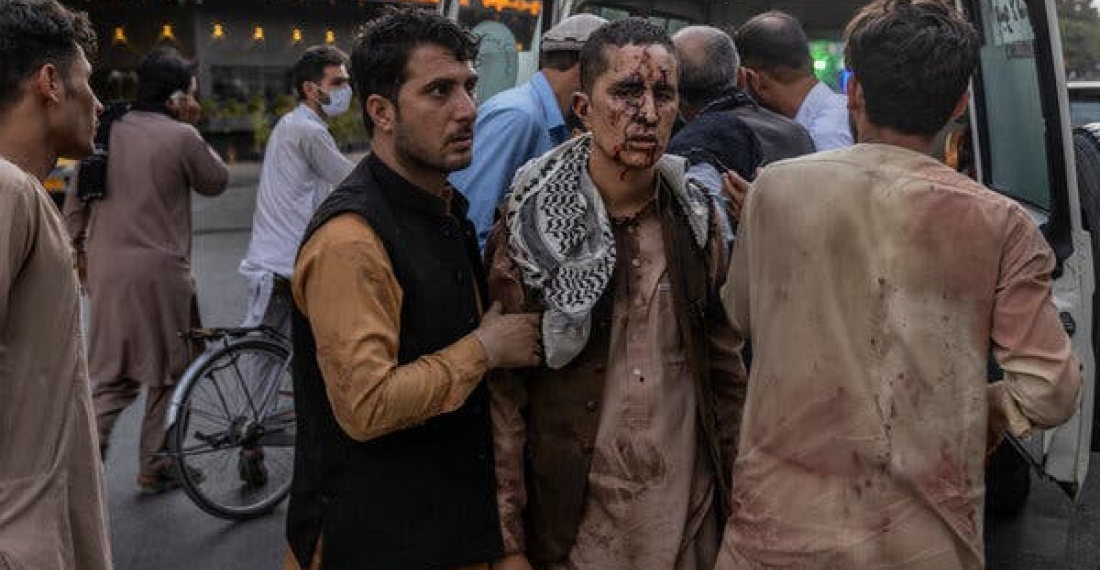Very few people had heard of them before, but following the heinous attacks in the last twenty four hours against civilians crowding at the gates of Kabul airport in a desperate attempt to leave the country, everyone is talking about ISIS-K. More than ninety people died in the attacks, and many more were injured.
Islamic State Khorasan (ISIS-K) has said it was behind the blasts.
But who is this group and what are their objectives?
According to the veteran BBC security correspondent, Frank Gardiner, the group is the most extreme and violent of all the jihadist militant groups in Afghanistan.
It is a regional affiliate of the group calling itself Islamic State and is active in Afghanistan and Pakistan.
The group has been blamed for some of the worst atrocities in recent years, targeting girls' schools, hospitals, and even a maternity ward where pregnant women, infants, and nurses were shot dead.
They are part of the global IS network that seeks to carry out attacks on western, international and humanitarian targets wherever they can reach them. ISIS-K have links to the Taliban through a third party, the Haqqani network, Gardner says.
But ISIS-K have major differences with the Taliban, accusing them of abandoning Jihad and the battlefield in favour of a negotiated peace settlement.
ISIS-K have been around for some time but their activities blended in with that of the Taliban making them at times difficult to distinguish. They appear to be an off-shoot of the organisation, simply with more hard-line views. There are other factions which we know little about.
But in Afghanistan now, Pandora's box is open, and among the vermin coming out, ISIS-K appears to be one of the largest and best organised. You may not have heard of them up to now, but be prepared, because ISIS-K are going to become a regular feature in the news from Central Asia going forward. They will become an important feature in the civil war that is likely to engulf Afghanistan in the coming years, and their atrocities will continue to shock us. Their attacks on Kabul airport last night was simply their opening shot.







